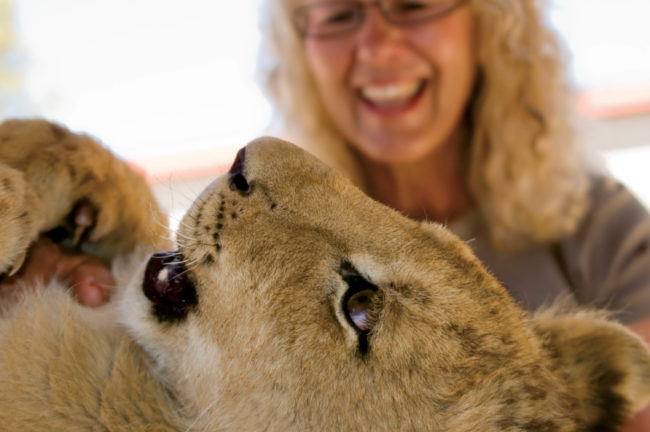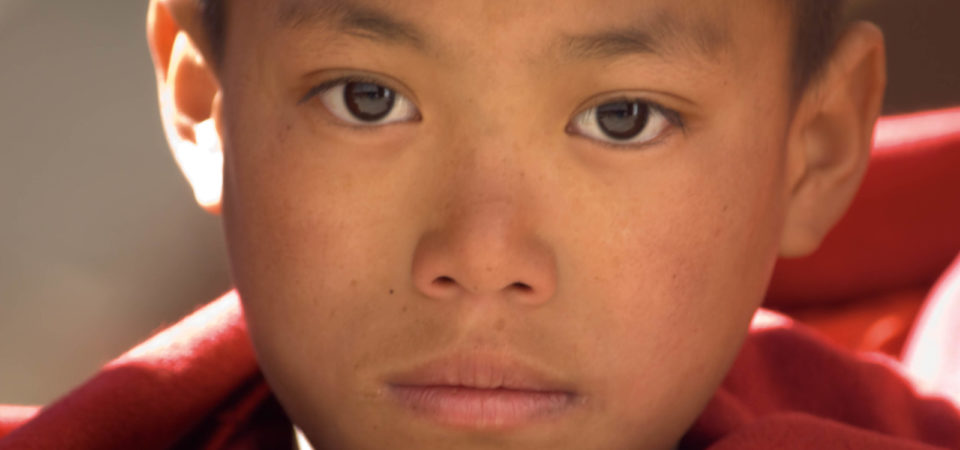Geoffrey Holland speaks with Michael Charles Tobias and Jane Gray Morrison about their latest book, The Theoretical Individual
GH: Is it reasonable to hope that human individuals, driven by kindness and compassion, can face down the dark side of humanity and facilitate a human culture that is life-affirming and sustainable?
MT/JM: We write early on in the book the following “hope” of our own, which perhaps offers an answer to your question: “We hope, then, in confirmation with the above premise of tempering our conquest of nature in an ill-advised attempt to hail the Self, to question individual and collective mechanisms of change that human nature has consistently, but not entirely embraced. The norms, but also the exceptions are of equal interest to us and span speculations on any number of human agencies: genetic, moral, political, civic, legal, socio-economic, ethnographic, and particularly those born of the aesthetic predilections and the natural sciences.” As our arguments are laid out, there is no doubting the logic of goodness, altruism, virtue, and selflessness, within the evolutionary umbrella. There are no truly codified mathematical norms which insist upon Self, notwithstanding all of the Herbert Spencer “survival of the fittest” biases, post-Darwin’s On The Origin of Species.
GH: Is it possible for a human individual to inspire change in the human culture that is life-affirming and sustainable?
MT/JM: It is true that human beings can do more than survive for a period of however many years they are allotted in this form. Your question begs examples and we provide numerous ones in The Theoretical Individual, from the passions exhibited magnanimously by Edward S. Curtis (1868-1952) in his twenty-volume masterpiece, The North American Indian, to an entire tribe, like that of one of the only remaining vegetarian communities on earth, the Todas of southern India. But just how the individual influences the species is a biological conundrum. The DNA helix expresses far more than any philosophy can encompass. From a potato to a bumble bee, from the Amazon parrot to a nature photographer, we are newcomers in the biosphere to the needs and science of ecological community. Because an abundance of our experience collectively has been gleaned through enormous suffering, it is little wonder that we stand bewildered, formulating Gods, myths, rituals, devising endlessly proprietary chicaneries and ecological interventions to help us bypass a world that, for example, Buddha suggested was instinct with that suffering. In our book, we have written that “it remains an entirely open question to pose meaning, philosophical or even practical meaning, in the guise of a singular personhood. For this reason alone, the biological sciences have been at odds with the individual since the very inception of applied generalities concerning species.” What we mean by this passage is an open question we won’t try to pin down in this forum.

GH: You write that ’common sense and compassion are two undeviating guides’ that could help humanity navigate the treacherous road ahead? How so?
MT/JM: Yes, but first take a pause. Whole revolutions have been waged (by humans) over alleged differences, all tempered by an instinctive regard for some version of biological jurisprudence, equality, liberty, and so forth. But phylogenetic compatibilities amongst individuals, as between species, tend to be less interesting than all the differences. Who has not been astonished by their first sight of Earth as seen by the famed Apollo 17 Mission (the “Blue Marble” photograph)? Or stood in reverential awe on a boat upon reaching for the first time the Antarctic coastline? Or seeing a Scarlet Macaw taking flight up the Tambopata River in Peru? Or witnessing dawn gently cooing upon the South Face of Dhaulagiri? The young Darwin near the beginning of his five years on the HMS Beagle, spending his first day alone in a Brazilian rainforest, and falling into a primordial rhapsody, as author Lyanda Lynn Haupt has beautifully written of? These are experiences that extend the normal concept of biogeography into some sphere altogether different, raw, revitalizing. The beast in the human is at once emotionally brought down to original ecstasies and impulses, all of which are generous and fair. They await no more complicated instructions than those which provide for another as we would want to be provided for ourselves. The possum, the deer, the songbird, the senator. All those wonderful Golden Rules apply to each and every individual, or they should. Both Plato and Aristotle discussed that most tender of them, ta koina, shared things. This kind of sharing is ultimately no more complicated than common sense and empathy. Loving thy neighbor. Applied science, engineering, poetry and activism all know what this means.
Curtis is one of countless ambassadors – like a Vermeer, a Mozart – of an ecological iteration in the guise of a personage that assures us all equally of the possibilities of a new human nature, one that is kind, dignified and globally altruistic… Read More
Michael Charles Tobias and Jane Gray Morrison are ecological philosophers and animal liberation activists who have worked for decades to help enrich our understanding of ecosystem dynamics and humanity’s ambiguous presence amid that great orchestra that is nature.
The Theoretical Individual is available in hardcover and ebook formats directly from Springer, or it can be found through Amazon.com, Google Play, and eBooks.com. It might also be available through your local bookstore or library.
The MAHB Blog is a venture of the Millennium Alliance for Humanity and the Biosphere. Questions should be directed to joan@mahbonline.org
MAHB Blog: mahb.stanford.edu/blog/new-nature/
The views and opinions expressed through the MAHB Website are those of the contributing authors and do not necessarily reflect an official position of the MAHB. The MAHB aims to share a range of perspectives and welcomes the discussions that they prompt.
